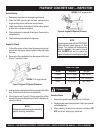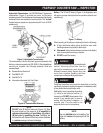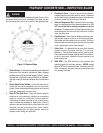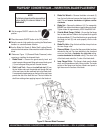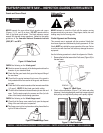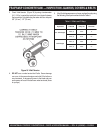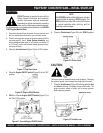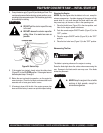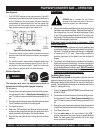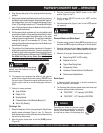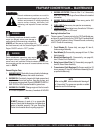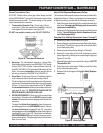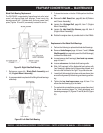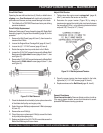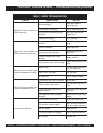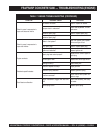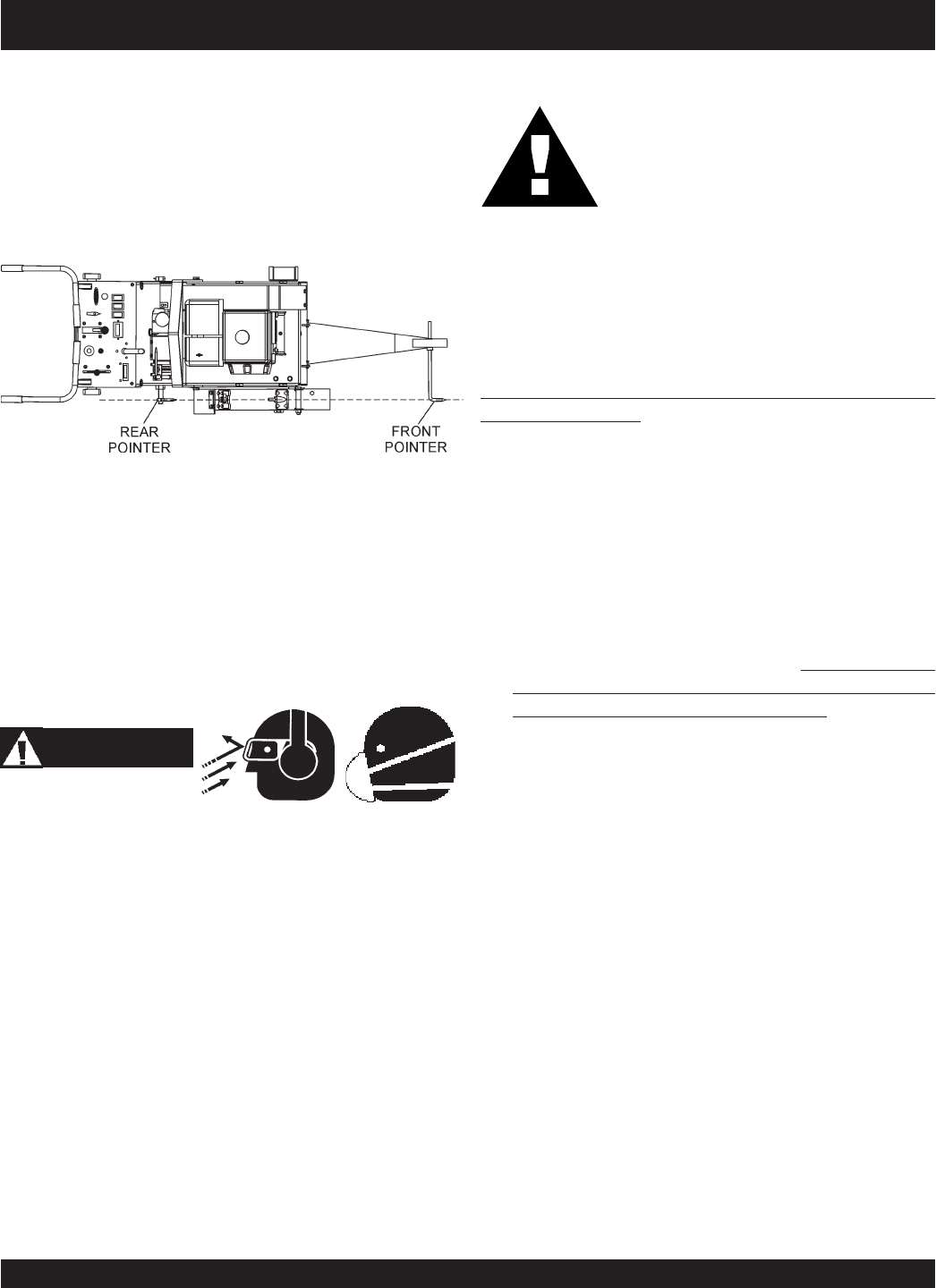
PAGE 28 — MQ-WHITEMAN FS2/FS2SP CONCRETE SAW — PARTS & OPERATION MANUAL — REV. #2 (06/26/06)
FS2/FS2SP CONCRETE SAW — OPERATION
Saw Alignment
1.
The FS2/FS2SP employs a front and rear pointer (Figure 25)
that has been precisely aligned with the diamond blade at the
factory. Referencing the figure below, accurate tracking is
accomplished by referencing the front and rear pointer tips
over the cut line. Precise saw direction is accomplished by
slight operator pressure against the handle bars.
CAUTION:CAUTION:
CAUTION:CAUTION:
CAUTION:
ALWAYS saw in a straight line only. Serious
damage to the blade may occur if the saw is
twisted or forced to cut radius shapes.
WARNING
Wet Saw Operation
Figure 25. Saw Pointers (Front/Rear)
2.
To reorient a pointer position, loosen the screw that secures
the pointer bar to the shaft, adjust as necessary, and retighten
the screw.
3. For operator comfort, ergonomically designed handle bars
adjust by loosening two clamping knobs (Figure 5, item 14),
and adjusts to the desired height. Tighten the knobs back
down when the desired height has been achieved.
The operator must wear the appropriate protective
equipment and clothing while engaged in sawing.
For wet sawing :
1. Connect hose from water source to the hose fitting connec-
tion (see page 50, item 2,
Water System Assembly
) of the
saw. The source pressure should be approximately 30-40
psi.
2. Ensure the quick disconnect water those fitting is connected
to the Floodwater manifold of the blade guard.
3. Turn water source on.
4. Select the “ON” position (water Valve on the saw console),
and ensure the proper flow and rate (4-6 gallons/minute) is
equally directed to both sides of the diamond blade.
5. Align the saw along the cut line utilizing the front and rear
pointers.
6. Slowly lower the diamond blade onto the cut line by cranking
the Raise/Lower handle clockwise. When the blade “touches”
the cutting surface, “zero-out” the depth feed gauge (Figure
5, item 12) by rolling the depth wheel until “0” is lined up with
the slip mark. Slowly continue to lower the blade into the cut
until the desired depth is achieved.
If the water supply to your blade is interrupted - STOP
sawing immediately.
7. Set the sawing depth and saw only as job conditions and
specifications require. Deep sawing is wasteful to the life of
the blade. The preferred method of sawing is to “
step cut
”
in increments of 2” (51 mm). Step cutting provides the
optimum opportunity for the blade to cut fast and last it’s
longest.
8. The rotation of the blade creates a tendency for the saw to
slightly pull in a particular direction. To ensure a straight line
of sawing, apply pressure against the appropriate handle bar
as you slowly advance the saw forward.
DO NOT force the
blade into the cut any faster than its designed tendency
is effective cut and remove the material.
For Misting Water Sawing:
The Water Misting System is designed to suppress the dust
signature caused by dry sawing. The aerosol spray pattern and
blade guard design greatly diminish the amount of dust that is
created. The misting water also acts as an added coolant for the
blade(14" blade guard only).
1. Ensure the proper DRY CUTTING Diamond Blade is se-
lected for the job.
2. Connect hose from water source to the hose fitting connec-
tion (see page 50, item 2,
Water System Assembly
) of the
saw. The source pressure should be approximately 30-40
psi.
3. Ensure the quick disconnect water hose fitting is connected
to the Misting (bottom) manifold of the blade guard (14” only).
4. Turn Water source on.
5. Turn the
water valve
on the saw console to the “
ON
”
position, and ensure the proper spray is equally directed
inside the blade guard (approximately 30-45 psi water
source pressure is required).



